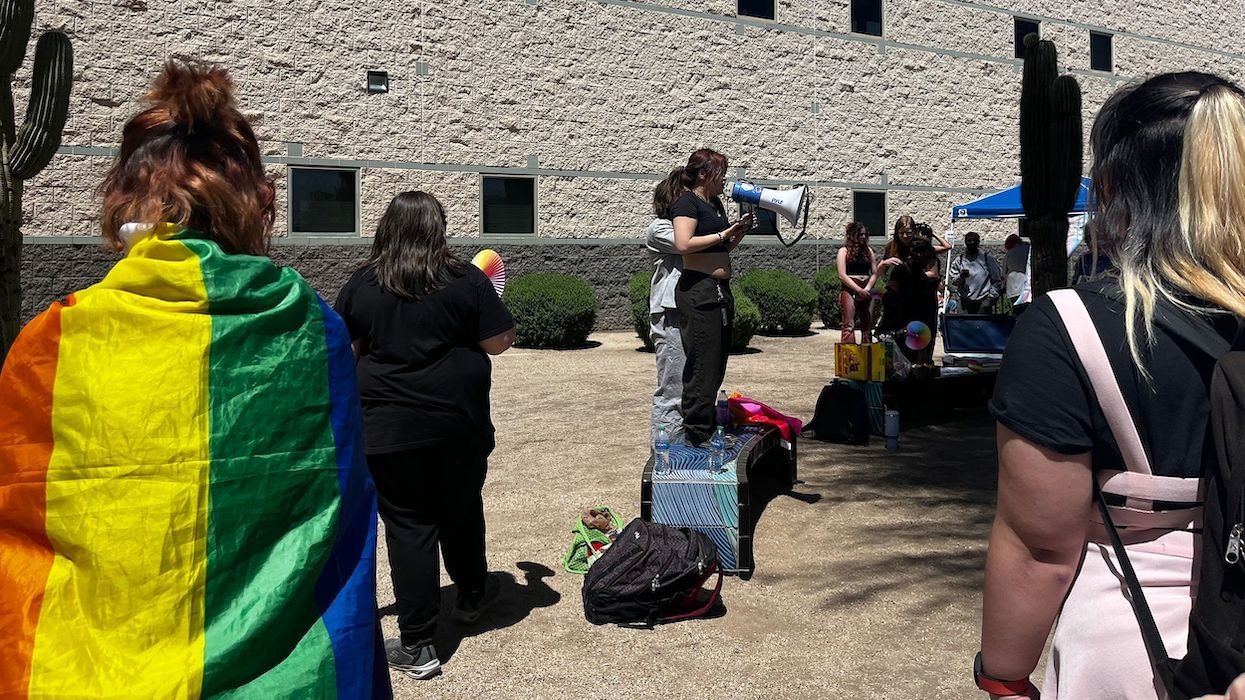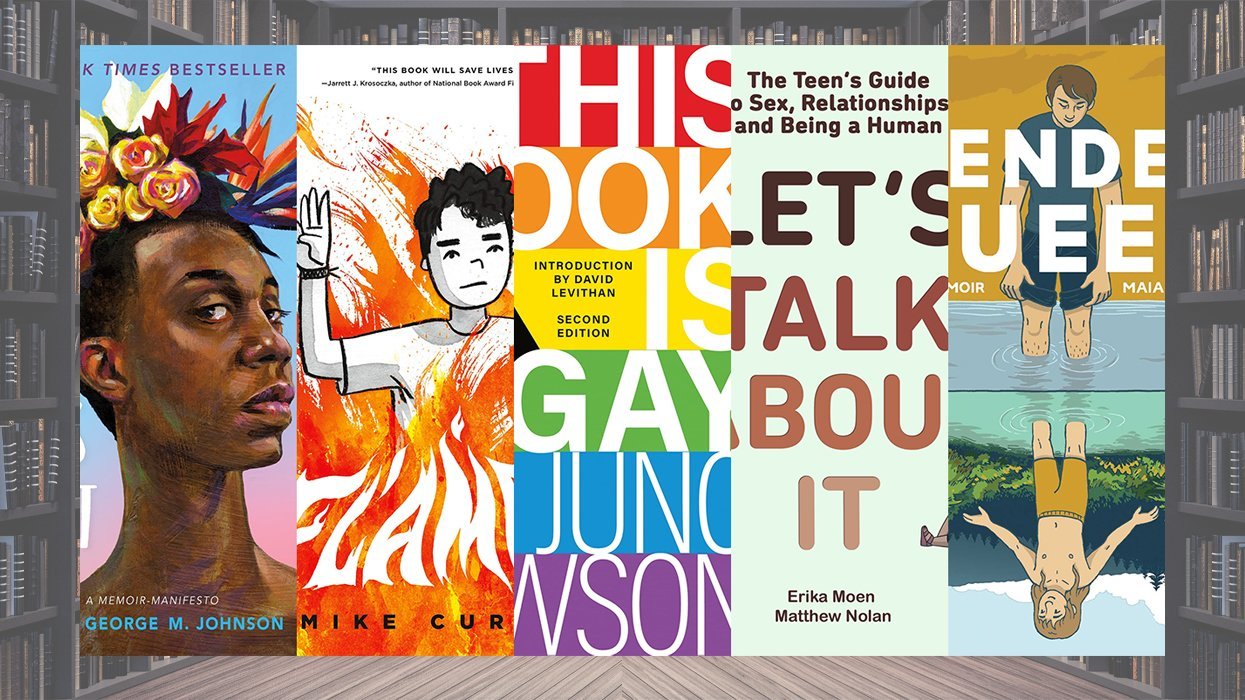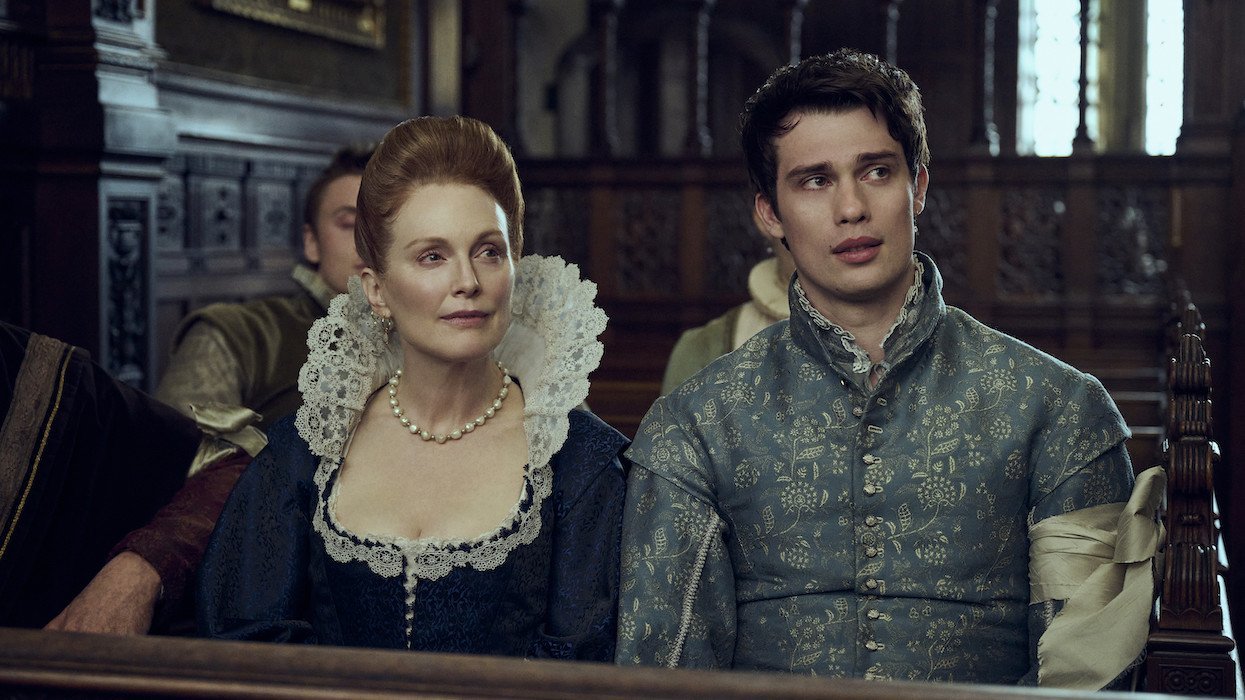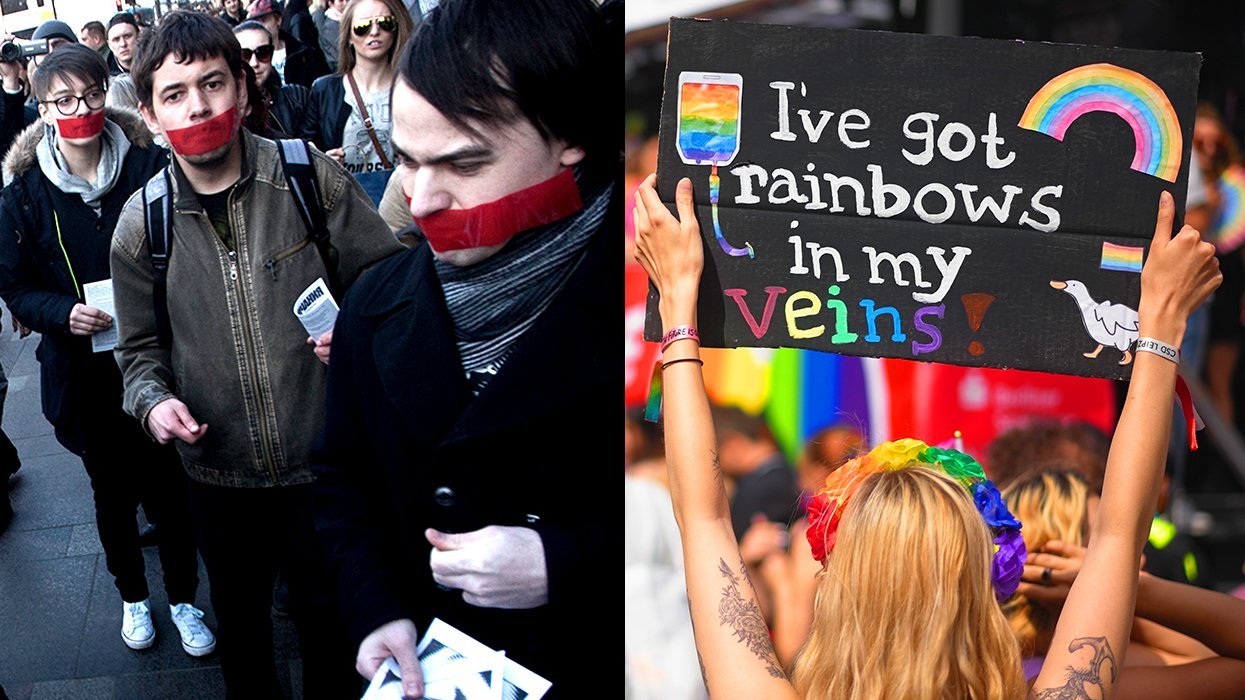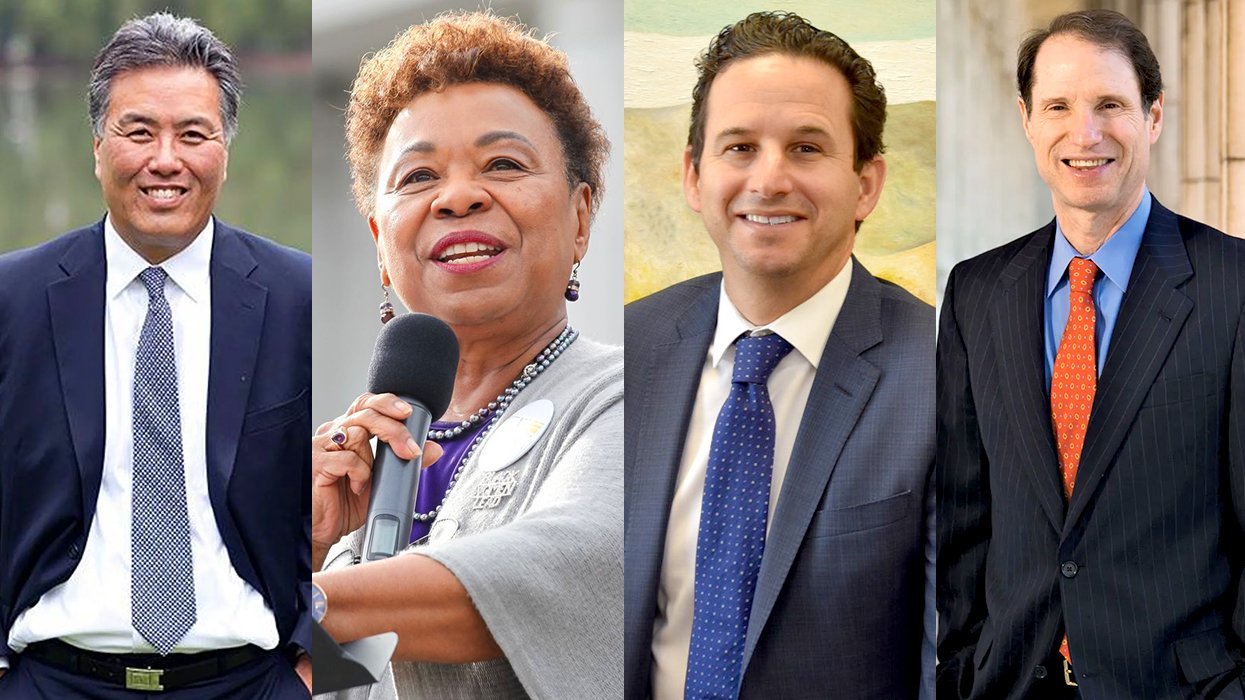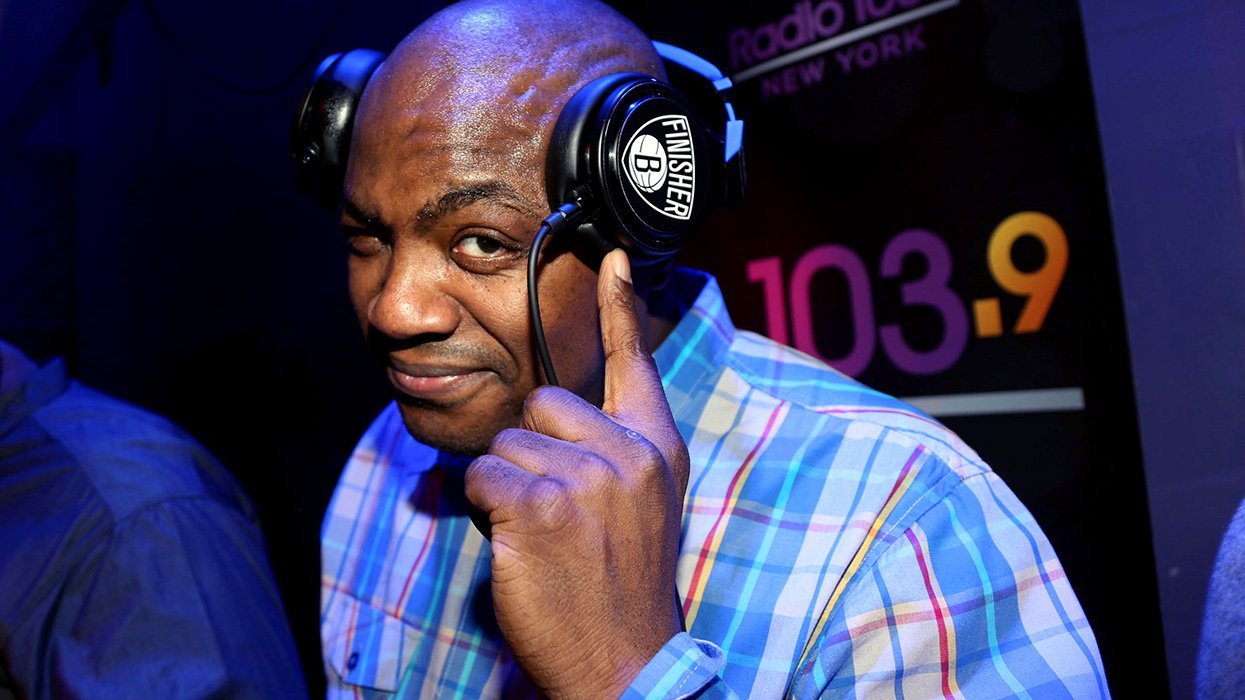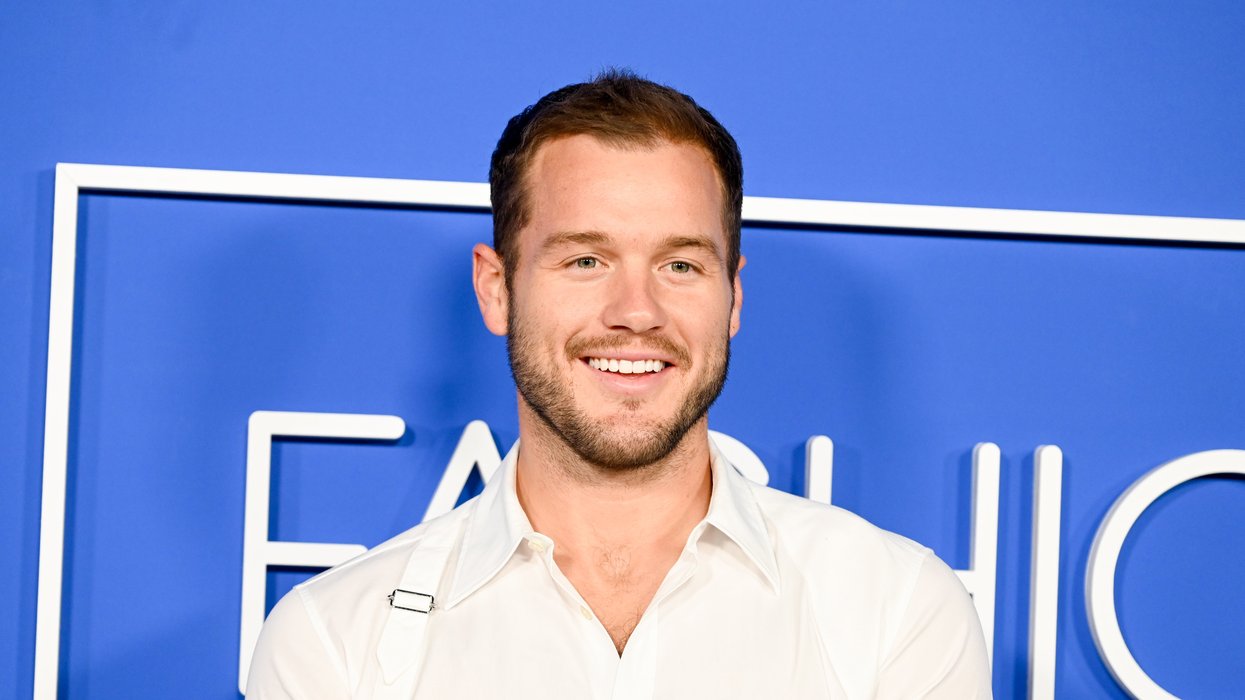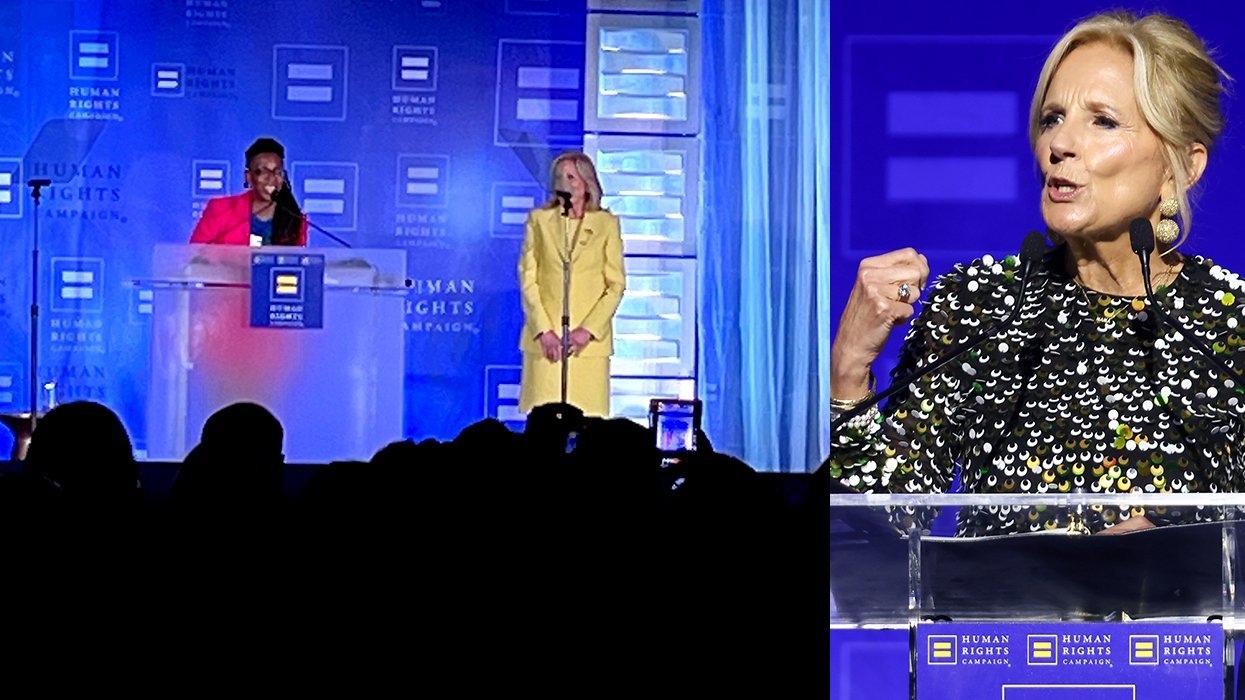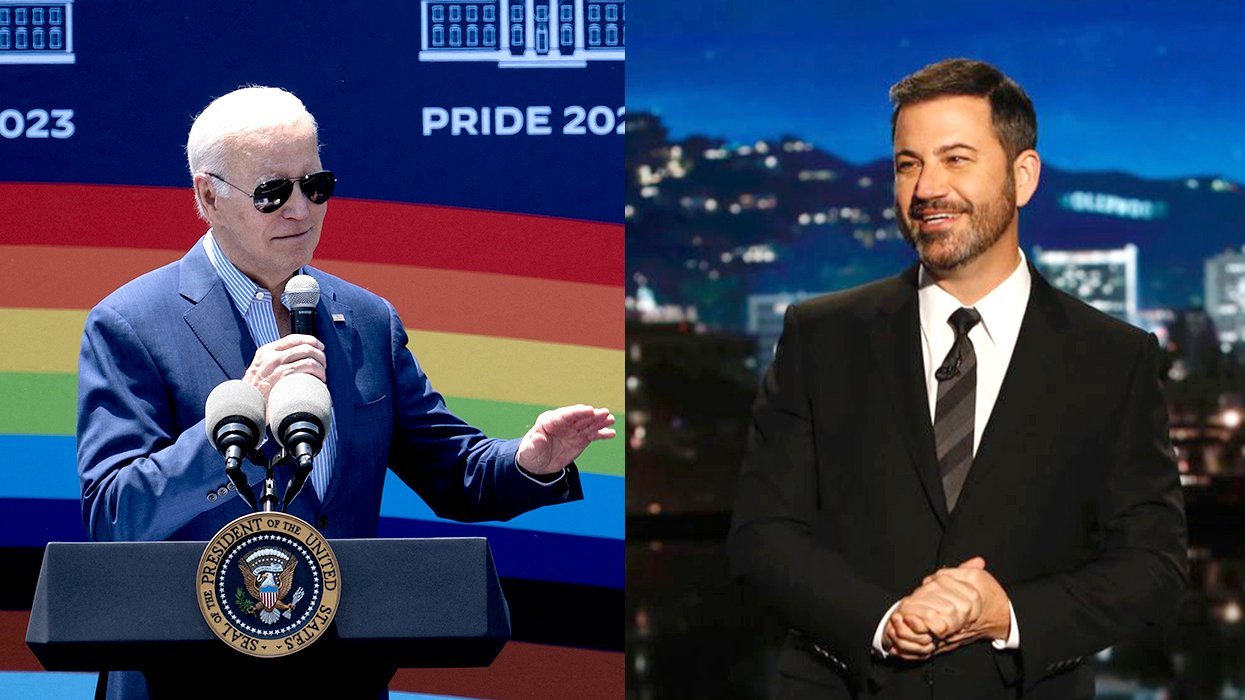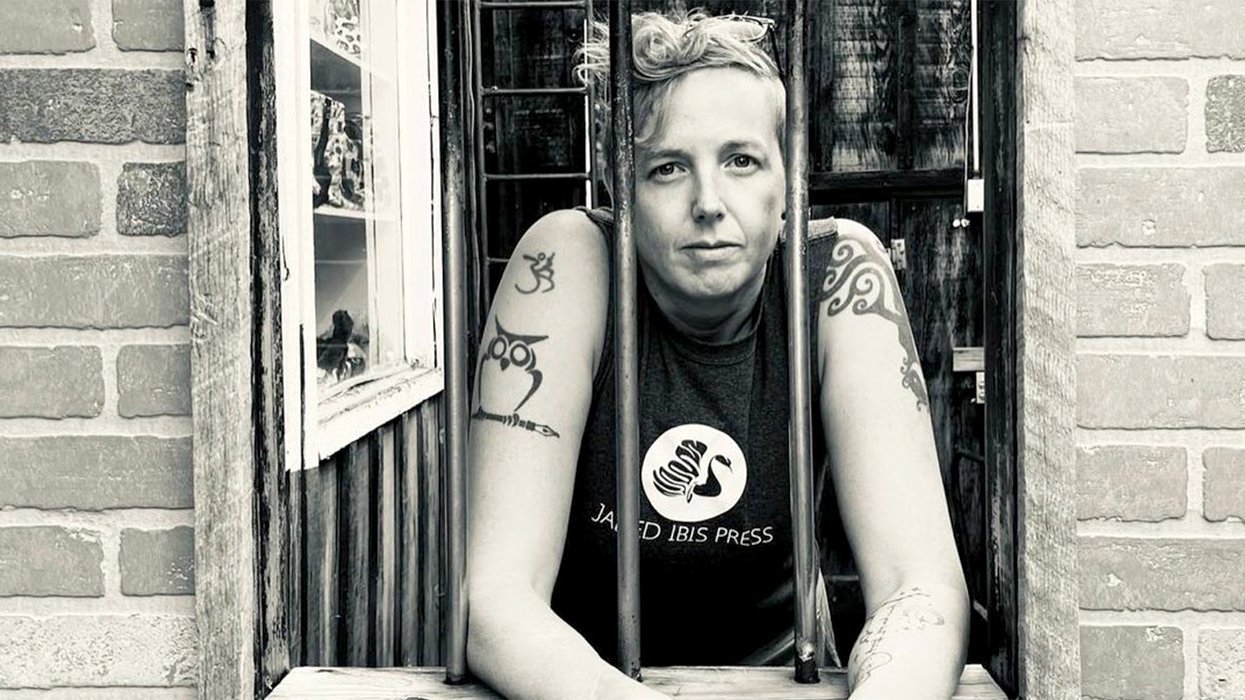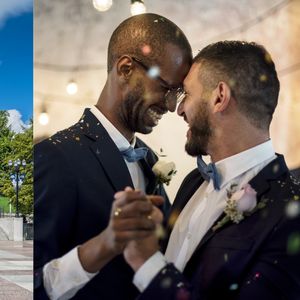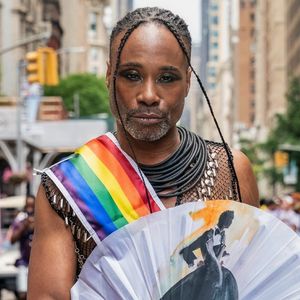
CONTACTStaffCAREER OPPORTUNITIESADVERTISE WITH USPRIVACY POLICYPRIVACY PREFERENCESTERMS OF USELEGAL NOTICE
© 2024 Pride Publishing Inc.
All Rights reserved
All Rights reserved
By continuing to use our site, you agree to our Private Policy and Terms of Use.
In 2004, when I lived in Massachusetts, I legally married my partner of 14 years. Now that we've moved to California, our marriage license is no longer valid. It's an infuriating circumstance that heterosexual wives would never be asked to endure. It's not sour grapes to point out that for women, marriage has always been a dicey proposition. Strangely enough, I've managed to find a silver lining in this sorry state of affairs. This recently occurred to me when I was following the media coverage on Bush's latest U.S. Supreme Court nominee, Judge Samuel Alito--and, of all things, the judge's antiquated attitudes on abortion.
Some gay people tune out when abortion is mentioned. They wonder, What relevance does abortion have for me? Plenty. Homophobia and sexism go together like a pair of scratchy wool mittens. Those who wish to curtail women's reproductive choices are rarely friends to gays either. So if you want to get an inkling of how Alito might rule on gay rights cases--including same-sex marriage--his record on abortion affords much insight.
In 1991, as an appeals court judge, Alito argued in Planned Parenthood v. Casey that it was not an "undue burden" to force a woman to notify her husband of her decision to have an abortion. Back then, Supreme Court justice Sandra Day O'Connor rejected this argument and found it insulting to imagine that simply by marrying, a woman could lose her constitutionally protected rights. But when O'Connor leaves the bench--to be replaced, in all likelihood, by Alito--she'll take her regard for women's rights along with her.
How ironic. Lesbians and gay men are still fighting for the right to marry everywhere in this country (except Massachusetts, and even there, marriage rights for same-sex couples are less comprehensive than those for heterosexuals). Yet, remarkably, we lesbians--had Alito gotten his patriarchal way back then--could today have greater abortion rights than our straight, married counterparts.
Is this an argument against our embracing the right to marry? No. Basic fairness dictates that gay people should have this right. Still, the Alito story is a striking reminder that the institution of marriage was and is saddled with sexism. Only recently could married women own property or obtain legal recourse for marital rape. While lesbians clearly suffer from discrimination, rejection by our families, and disconnection from male privilege, many of us also experience greater freedom and power by avoiding the traditional
female and heterosexual route. Before we leap into marriage, let's keep this in mind.
Movies these days only confirm my feeling that sexism and heterosexism are joined at the hip. In the culmination of the recent Pride & Prejudice, Keira Knightley's Elizabeth tells her new husband, Mr. Darcy, that when he is supremely ecstatic he should refer to her as Mrs. Darcy. He repeats "Mrs. Darcy" over and over as she snuggles into his arms. My mother thought this was a romantically creative new finale to a story we've been watching since the 1940 version. I had to tell her (and probably not for the last time either) that I disagreed. Until gays can marry everywhere in this country and straight men take their wives' names as often as straight women take their husbands', why should I ooh and aah?
Want more breaking equality news & trending entertainment stories?
Check out our NEW 24/7 streaming service: the Advocate Channel!
Download the Advocate Channel App for your mobile phone and your favorite streaming device!
From our Sponsors
Most Popular
Here Are Our 2024 Election Predictions. Will They Come True?
November 07 2023 1:46 PM
17 Celebs Who Are Out & Proud of Their Trans & Nonbinary Kids
November 30 2023 10:41 AM
Here Are the 15 Most LGBTQ-Friendly Cities in the U.S.
November 01 2023 5:09 PM
Which State Is the Queerest? These Are the States With the Most LGBTQ+ People
December 11 2023 10:00 AM
These 27 Senate Hearing Room Gay Sex Jokes Are Truly Exquisite
December 17 2023 3:33 PM
10 Cheeky and Homoerotic Photos From Bob Mizer's Nude Films
November 18 2023 10:05 PM
42 Flaming Hot Photos From 2024's Australian Firefighters Calendar
November 10 2023 6:08 PM
These Are the 5 States With the Smallest Percentage of LGBTQ+ People
December 13 2023 9:15 AM
Here are the 15 gayest travel destinations in the world: report
March 26 2024 9:23 AM
Watch Now: Advocate Channel
Trending Stories & News
For more news and videos on advocatechannel.com, click here.
Trending Stories & News
For more news and videos on advocatechannel.com, click here.
Latest Stories
After decades of silent protest, advocates and students speak out for LGBTQ+ rights
April 13 2024 10:52 AM
11 celebs who love their LGBTQ+ siblings
April 13 2024 10:33 AM
The 10 most challenged books of last year
April 13 2024 10:06 AM
Mary & George's Julianne Moore on Mary's sexual fluidity and queer relationship
April 13 2024 10:00 AM
Investigation launched after man screams homophobic slurs at queer couples on D.C. metro
April 13 2024 9:59 AM
Germany makes it easier to change gender and name on legal documents
April 12 2024 6:06 PM
A youth's call to action on this Day of NO Silence
April 12 2024 5:00 PM
Democrats introduce resolution in support of LGBTQ+ youth
April 12 2024 4:35 PM
Colton Underwood is hoping to create a gay reality TV dating show
April 12 2024 4:28 PM
Idaho closes legislative session with a slew of anti-LGBTQ+ laws
April 12 2024 1:39 PM

Pride
Yahoo FeedElevating pet care with TrueBlue’s all-natural ingredients
April 12 2024 1:39 PM
Watch Jimmy Kimmel's hilarious LGBTQ+ campaign video: 'You can't spell Biden without Bi'
April 12 2024 12:00 PM
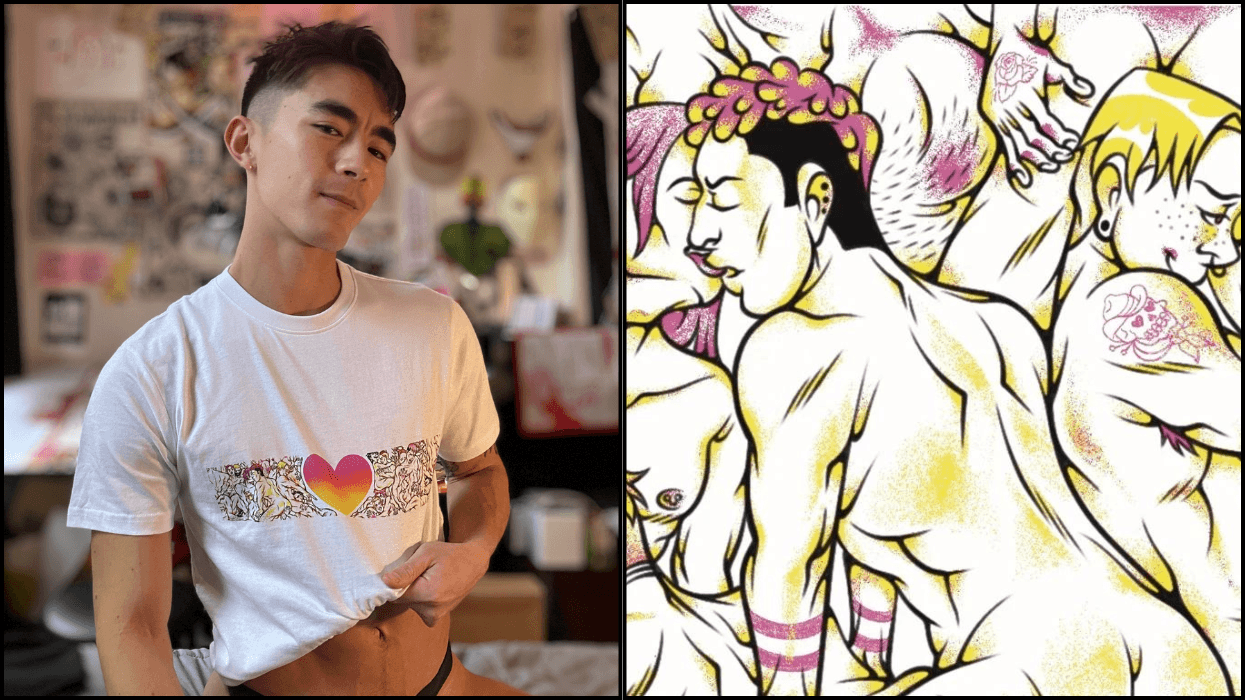
Pride
Yahoo FeedCreating erotic art and advocacy with adult entertainer Cody Silver (EXCLUSIVE)
April 12 2024 11:39 AM
How I navigated through religious trauma
April 12 2024 11:00 AM

















